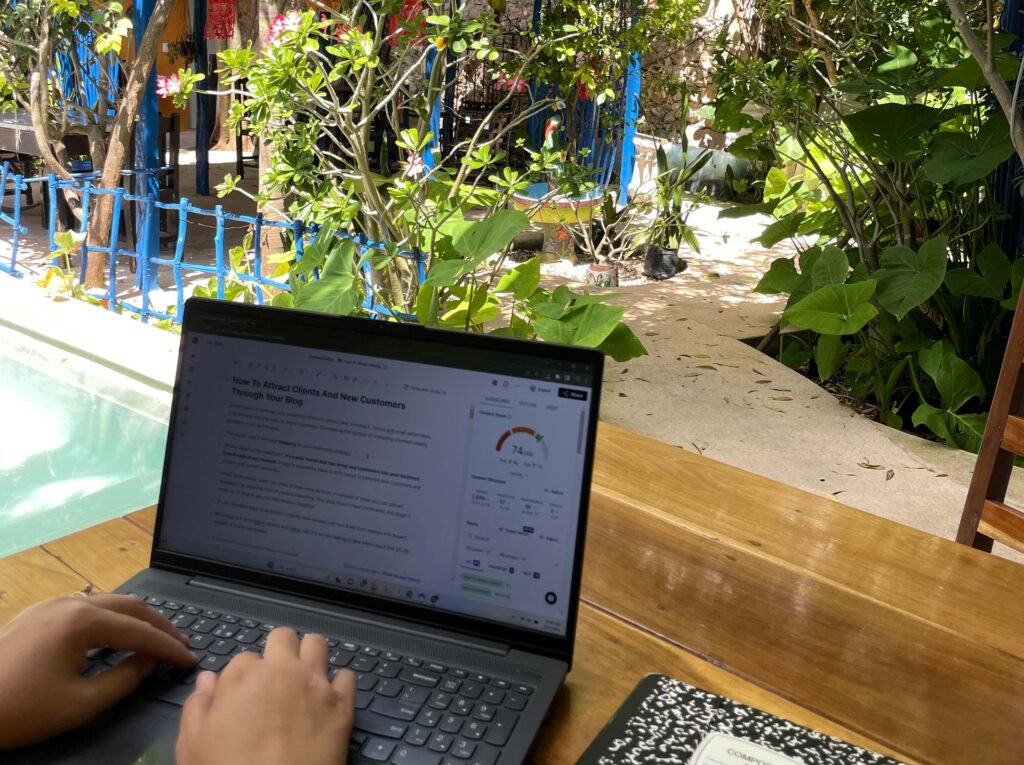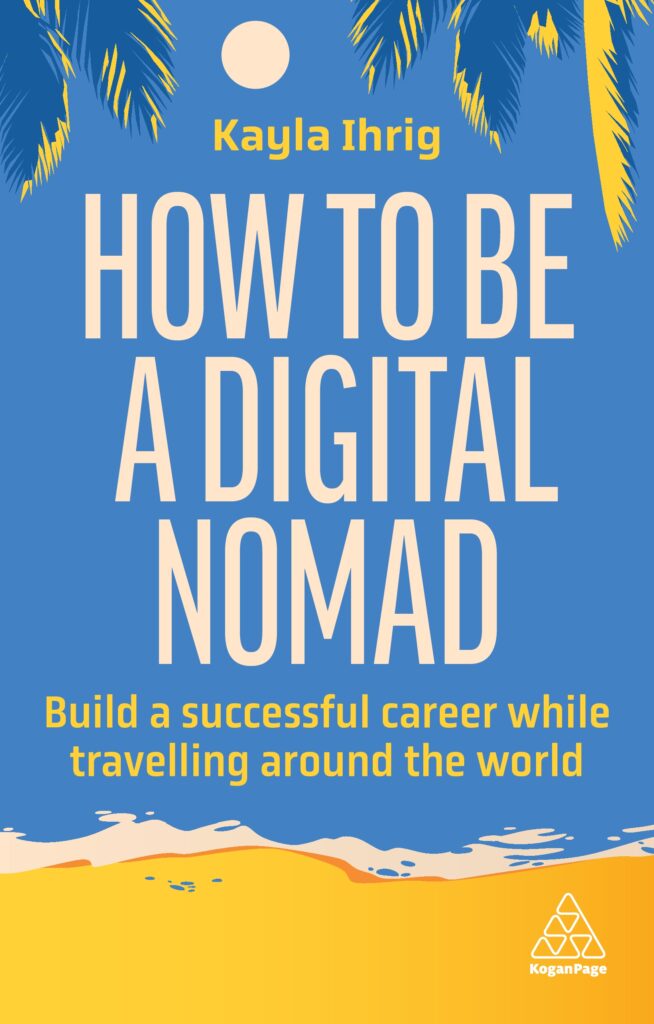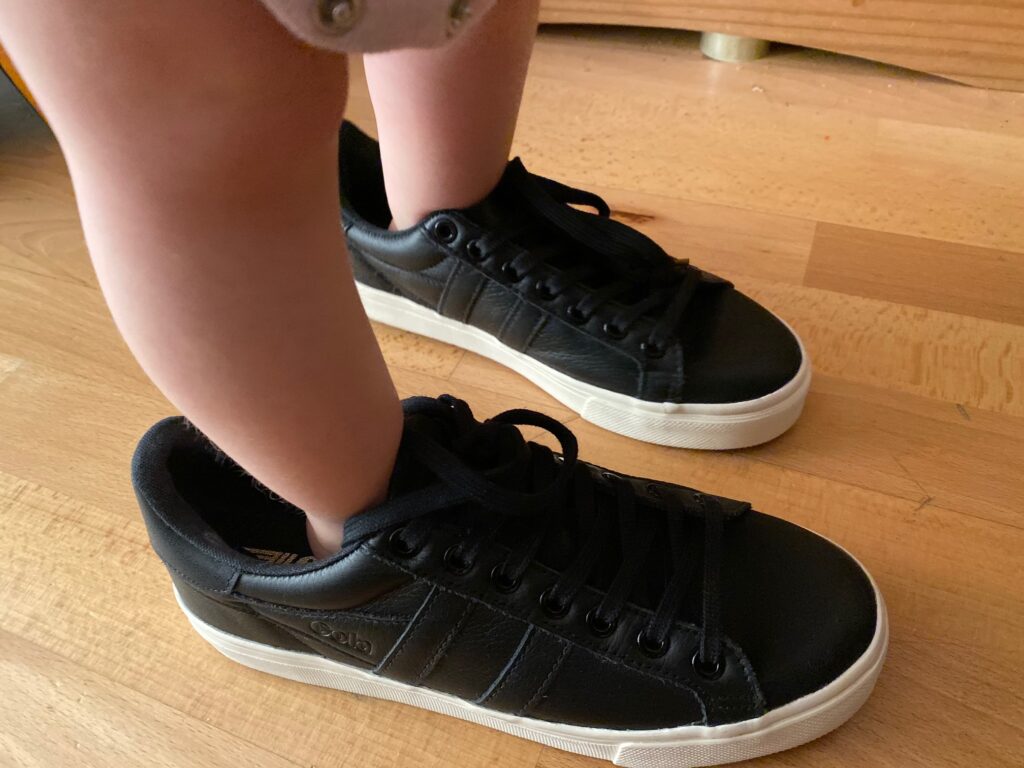
Who hasn’t had the daydream of travelling for free, or even making money while travelling? This daydream is a reality some travellers are experiencing today thanks to unique work arrangements that allow them to make money abroad.
Let’s look at the two most popular avenues for making money abroad and see if one of these could offer you your dream lifestyle.
Finding your next career move is a big task: the stars need to align for the right company, location and career advancement opportunity. This process becomes even more difficult when you zoom out from focusing on your home country and look for jobs in other countries.
Instead of trying to land your dream job in another country, you can make money abroad by taking on a temporary contract outside of your field. Some popular industries include:
● Teaching English as a second language
● Tourism/hospitality
● Agriculture
● Yachting
The variety of work opportunities available will probably surprise you. Did you know that you can get paid to work in Antarctica?! It might not be your dream job or a calculated escalation of your career, but it’s a strategic way to leverage your 40-hour workweek to allow you to travel.
An alternative to paid contracts abroad are work exchanges. These are arrangements where you volunteer your time and are given something free in exchange, such as housing or food. Explore these work exchange platforms:
● Workaway
● World Wide Opportunities on Organic Farms (WWOOF)
Work Remotely As A Digital Nomad
Not all work arrangements require you to pause your career building in order to travel. If you have the ability to work remotely, consider travelling as a digital nomad.
The term digital nomad refers to remote workers who use their flexibility to work from anywhere. Digital nomads typically fall into one of these categories:
1. Fully remote employee
2. Hybrid employee
3. Self-employed
Beyond the varieties in the type of work, there are a few different ways that this lifestyle can manifest:
1. Mental health break: get permission from your employer to temporarily work remotely for your mental health
2. Working holiday: secure remote work and go away for a few weeks/months of the year with the plan of returning home
3. Working gap year: seek a remote job and travel for a predetermined period of time
4. Fully nomadic: secure remote work, move out of your home and travel indefinitely
I first became a digital nomad in 2017 because I felt like life was passing me by at the nine to five job. Since then, I’ve moved between the labels of digital nomad, expat and immigrant. The journey had twists in the road: I’ve taken on work exchanges and in-person odd jobs when necessary to get by, and ultimately spent years building a business of my own.
It all started with the realisation that I had more options than deferring all of my travel plans for “someday.” If you dream of travelling, I hope that you can leverage technology to turn your world upside down in the same way.
Kayla Ihrig bought a one-way ticket out of the United States in 2017 and has spent most of her time abroad ever since. She is the author of How to Be a Digital Nomad: Build a Successful Career While Travelling the World, (out now, Kogan Page).










